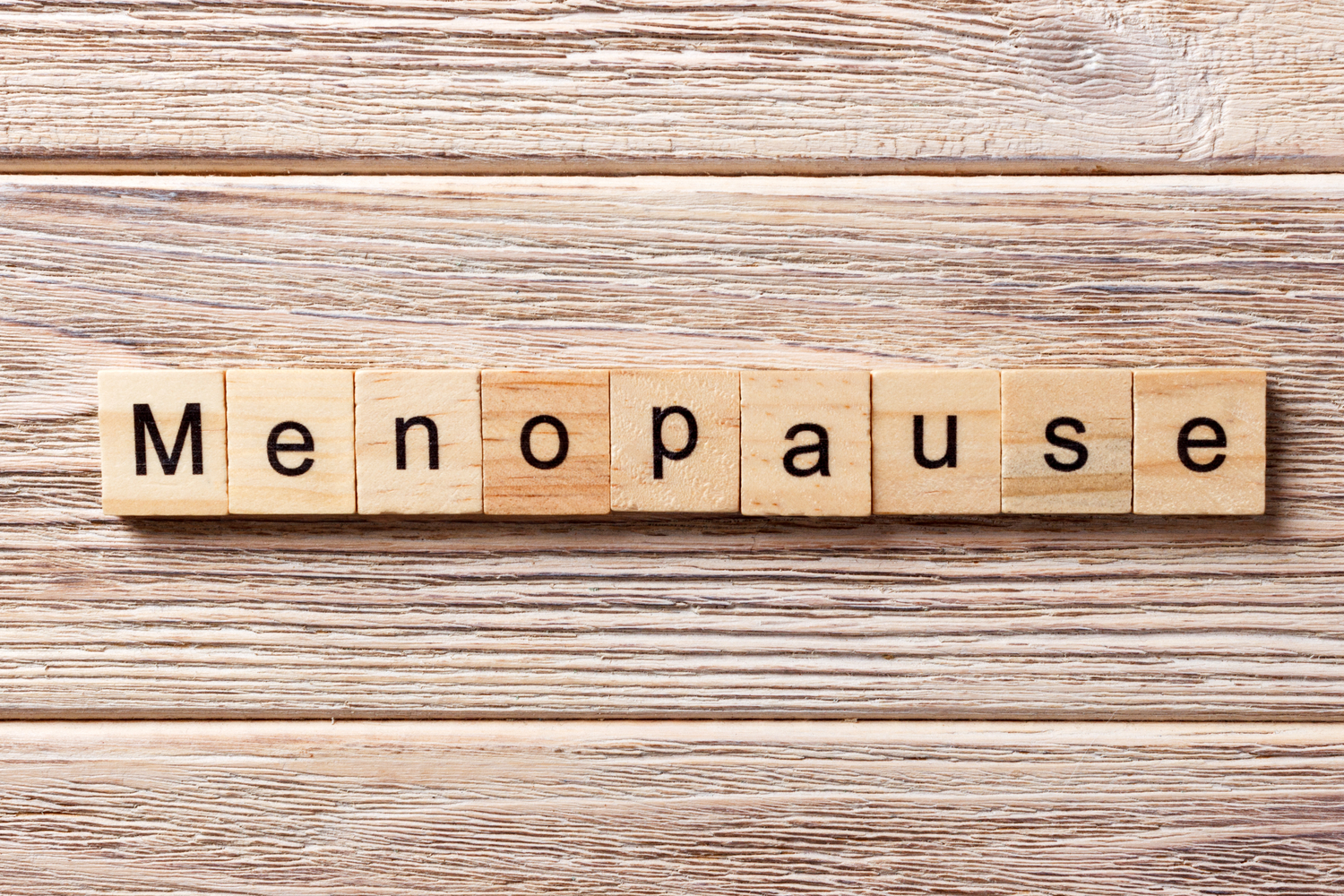
The Most Common Signs Of Menopause
Menopause marks the end of your menstrual cycles and it is diagnosed after 12 consecutive months without menstruation. It is a natural biological process that typically occurs in your 40s or 50s. Many women dread this time of their life due to the negative symptoms, including decreased libido, sleep disturbance, weight gain, mood changes, and so on. Some treatments and other things have been developed for menopause help, including female lubricant for dryness, supplements for menopause weight gain,and medications such as Ristela, Imvexxy, and Oriahnn. If you are wondering if you’re heading into menopause, these are the most common signs:
1. Irregular menstrual cycles
As mentioned, menopause is diagnosed after 12 consecutive months of no menstrual cycle. Leading up to this, you may experience irregular periods that are shorter or last longer, you may bleed more or less than usual, and the length of time between your periods may be longer or shorter, or you might skip some periods. These are all normal symptoms, but you should talk to your doctor if you’re bleeding heavily, spotting, have periods that last longer than a week, have periods that are close together, or your period resumes after not bleeding for a year.
2. Hot flashes
Hot flashes are a symptom that occur with menopause and can continue for many years after. A hot flash is a sudden feeling of heat that occurs in the upper body, or entire body—your face and neck may become flushed; your chest, back and arms may become blotchy; and heavy sweating and cold shivering can occur afterwards. They can last between 30 seconds and 10 minutes and may happen multiple times a day, for some, several times an hour, and for others just once or twice a week. Many women complain about hot flashes waking them up at night, known as night sweats.
3. Sleep problems
Night sweats due to hot flashes play a factor in sleep problems, but many women around midlife begin having trouble getting a good night’s sleep. Whether they can’t fall asleep easily, wake up too early, or wake consistently throughout the night, this is a common symptom that occurs during this phase of life.
4. Vaginal health and sexuality
Following menopause, the vagina can become dry, in turn making intercourse painful or uncomfortable. Feelings towards intercourse may also change—some become less interested, and others feel more free and sexy as they can no longer get pregnant. Remember losing the ability to get pregnant is only the case for those who have not menstruated for 12 months, and practicing safe sex is still essential to prevent the contraction of STIs. If vaginal health and sexuality changes are having a negative impact on your life, you should talk to your doctor to seek treatment options and advice.
5. Mental health
While the reason for this symptom is unknown, some women feel moodier or more irritable during the time of menopause. Another factor may also be that during this time of life, children are growing, your parents are aging, and there is significant stress or feelings of tiredness that surround your life. If you’re feeling depressed or are concerned about your mental health and mood, seek advice from a healthcare professional.



